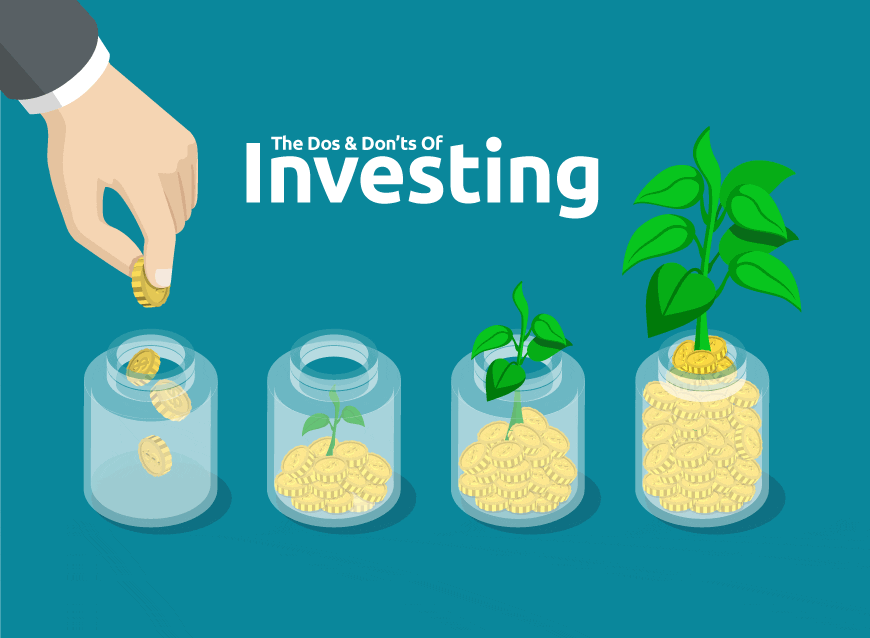Personal Finance Tips
Creating a Budget

Source www.savealittlemoney.com
Setting a budget is like creating a roadmap for your finances. It allows you to see where your money is coming from and where it is going. The first step in creating a budget is to track your expenses. This means recording everything you spend money on, from groceries to coffee to utility bills. You can use a notebook, a budgeting app, or a spreadsheet to keep track of your expenses.
Once you have a clear picture of your expenses, it's time to categorize them. Divide your expenses into fixed expenses (like rent or mortgage payments, car payments, and insurance) and variable expenses (like groceries, entertainment, and clothing). This will help you see where you can potentially cut back on spending.
Next, compare your total expenses to your total income. Are you spending more than you earn? If so, you may need to make some adjustments to your budget. Look for areas where you can reduce spending, such as dining out less frequently or cancelling unused subscriptions. It's also important to prioritize your expenses. Make sure you allocate money for essentials like rent, utilities, and groceries before spending on non-essential items.
Remember, your budget is not set in stone. It's okay to make changes as needed. Life circumstances change, and your budget should reflect that. Regularly review your budget and make adjustments as necessary to ensure you are on track to meet your financial goals.
Setting Financial Goals
Source www.csistech.org
Setting financial goals is an important first step in managing your personal finances effectively. Without clear goals, you may find it challenging to stay motivated and focused on saving and investing for the future.
When setting financial goals, it's essential to make sure they are SMART: specific, measurable, achievable, relevant, and time-bound. Specific goals provide clarity on what you want to achieve, while measurable goals allow you to track your progress. Ensure your goals are achievable and realistic based on your current financial situation. Relevance is crucial to ensure that your goals align with your values and long-term objectives. Setting a deadline for your goals can help create a sense of urgency and accountability.
For example, instead of setting a vague goal like "save money," you could set a SMART goal such as "save $5,000 for a down payment on a new car by the end of the year." This goal is specific (saving $5,000), measurable (you can track your progress), achievable (based on your current income and expenses), relevant (you need a new car), and time-bound (by the end of the year).
By setting SMART financial goals, you can stay focused and motivated to manage your money effectively and work towards achieving your long-term financial objectives.
Building an Emergency Fund
Source www.fiscallysound.com
Having an emergency fund is crucial for unforeseen circumstances such as medical emergencies, car repairs, or sudden job loss. It provides a financial safety net that can help you weather unexpected expenses without going into debt. Experts recommend saving at least 3-6 months' worth of living expenses in an emergency fund to cover your basic needs in case of an emergency.
To start building an emergency fund, set a specific savings goal based on your monthly expenses. Track your expenses for a few months to get a clear understanding of your spending habits and determine how much you can save each month. Cut back on non-essential expenses and redirect that money into your emergency fund. Consider setting up automatic transfers from your checking account to your savings account to make saving easier.
Keep your emergency fund in a separate savings account that is easily accessible but not linked to your everyday spending accounts. This will help you avoid the temptation to dip into the fund for non-emergencies. Make sure to regularly review and adjust your savings goal as your expenses and income change over time. Having a robust emergency fund can provide peace of mind and financial security in times of uncertainty.
Investing for the Future

Source www.debt.org
Investing for the future is an essential part of personal finance. By starting to invest early, you can give your money more time to grow through compound interest. This can help you reach your long-term financial goals more effectively. Whether you choose to invest in stocks, bonds, real estate, or other assets, it's important to diversify your investment portfolio to minimize risk. Diversification spreads your investments across different asset classes, reducing the impact of a decline in any one investment on your overall portfolio. This can help protect your money and increase the likelihood of achieving your financial goals.
Regularly Review and Adjust Your Finances

Source ascu.org
It's important to regularly review and adjust your finances to ensure you are on the right track to meet your financial goals. Life is constantly changing, and so are economic conditions, so it's crucial to make changes as needed to stay on top of your finances.
Start by reviewing your budget regularly to see where your money is going. Are there any areas where you can cut back on expenses? Are there any new expenses that have come up that you need to account for? By keeping track of your spending and adjusting your budget accordingly, you can ensure that you are living within your means and saving for your future.
Additionally, make sure to review your financial goals on a regular basis. Are you on track to meet your goals, or do you need to make adjustments? Life changes such as getting married, having children, or buying a house can all impact your financial goals, so it's important to reassess and make changes as needed.
Finally, review your investments regularly to ensure they are still aligned with your financial objectives. Economic conditions can change rapidly, so it's important to make adjustments to your investment portfolio to minimize risk and maximize returns. Consider working with a financial advisor to help you navigate the ever-changing investment landscape.
Posting Komentar untuk "Personal Finance Tips"